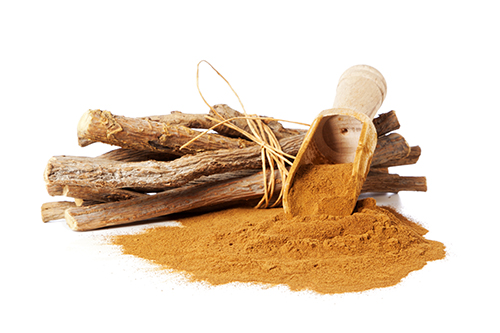Licorice: Beneficial, healing, cosmetic properties and contraindications
Licorice is the common name for the plant called, in scientific terms, Glycyrrhiza glabra, and especially appreciated for its curative and cosmetic properties, although at the time of use that should take into account some contraindications.
More than 5,000 years ago take advantage of its benefits in Asia, reaching Europe in the 15th century. The first Herbarium of traditional Chinese medicine already included the licorice, apparently used to treat ailments such as cough, food poisoning or liver problems. What benefits does the licorice bring for health?
Table of Contents
Beneficial properties of Licorice
Licorice has a relaxing effect, being a good natural ally to reduce stress and to counteract the problems of insomnia. It helps to regulate the blood sugar and, in addition, calms the problem of halitosis. Less well known for its aphrodisiac property for women.
Check: Medicinal properties of the moringa
Healing properties of Licorice
Good for gastrointestinal disorders, it is a good ally of the stomach and the liver; as well as for the problems of slow digestion, flatulence, constipation and gastroduodenal ulcers. Licorice has laxative and digestive properties, and raises blood pressure.
Cosmetic properties of Licorice
Licorice is an excellent natural remedy against inflammations of the skin, psoriasis, herpes, dermatitis and eczema. Preparations for external use with licorice have protective and antibacterial properties to enhance the wellbeing of the skin.
Contraindications
You should avoid licorice if you suffer from hypertension, since in high doses can increase the concentration of sodium in the blood, reducing potassium and causing fluid retention problems. Also, it should be avoided in cases of renal, hepatic failure and pregnancy. Its abuse causes headache.
